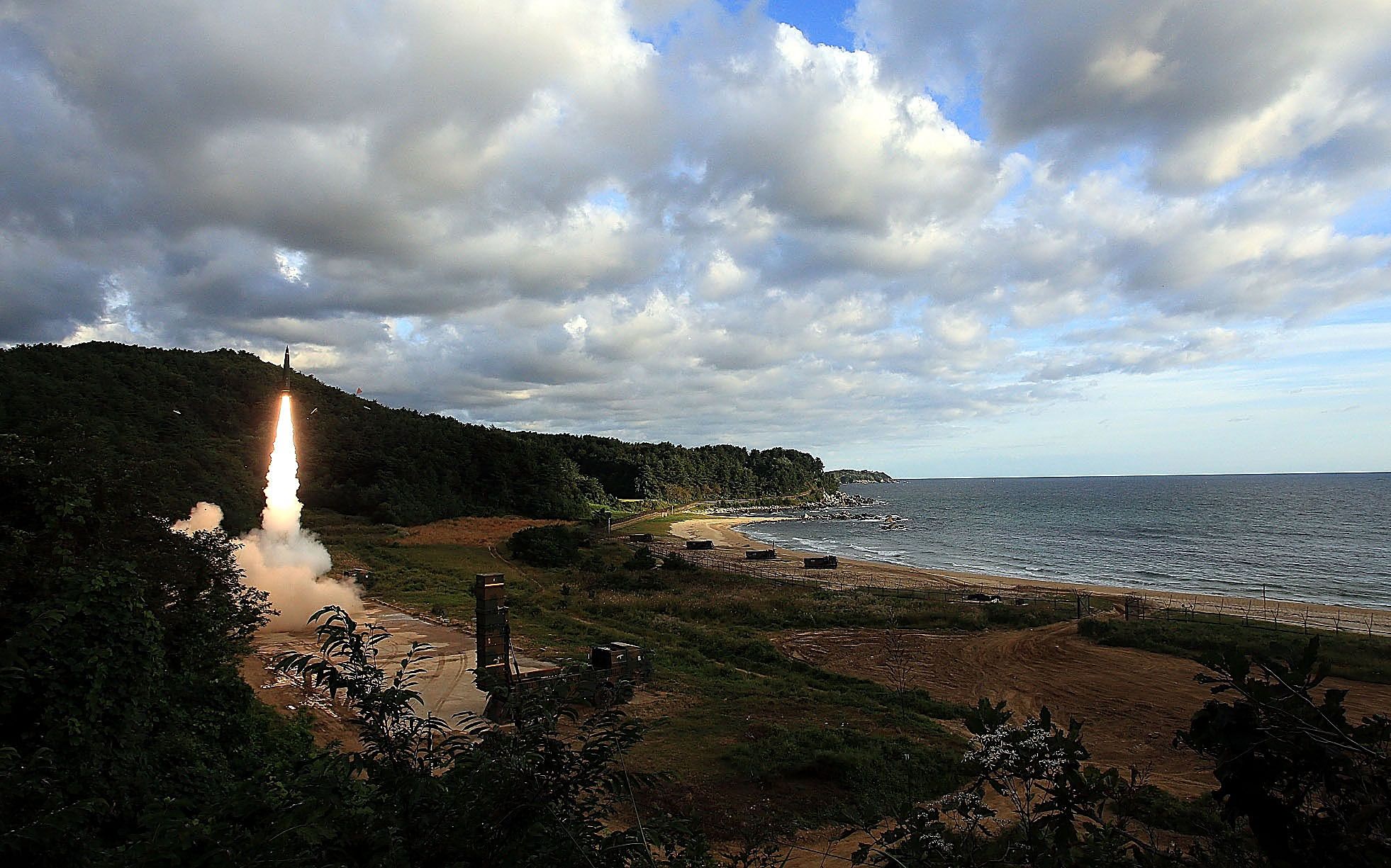
Authorities in Hawaii confirmed this week that they're restarting monthly tests of the state's attack warning siren—a practice that's been on hold for decades—in light of increasing threats from North Korea.
On the morning of December 1, residents on the islands will first hear their standard attention alert signal test, which happens every month and is a steady sound. Then, for 50 seconds, speakers will blare the attack warning siren, a tone that will waver, according to the Honolulu Star-Advertiser. It's part of the local Emergency Management Agency's preparations for a possible, but not likely, assault byNorth Korean leader Kim Jong Un.
Related: University of Hawaii Students Warned About Possible North Korea Nuclear Attack
"We do not want to cause any undue stress for the public; however, we have a responsibility to plan for all hazards," agency administrator Vern Miyagi told CBS News earlier this year. "We don't know the exact capabilities or intentions of the North Korean government, but there is clear evidence that it is trying to develop ballistic missiles that could conceivably one day reach our state."
People don't need to worry if they hear the siren during a test, but if it were to go off for real, residents are advised to take shelter and stay there. Miyagi said a North Korea bomb could cause "about 50,000 to 120,000 trauma and burn casualties together with nearly 18,000 fatalities" if it exploded over Pearl Harbor, according to the Los Angeles Times.
The attack warning sirens were most recently tested during the Cold War, the Star-Advertiser reported. Now, the tests are yet another sign that the state is taking North Korea's escalating rhetoric seriously. Last month, the University of Hawaii sent out an email to students and staff explaining what to do in the event of a nuclear attack, and in August the state Defense Department recommended schools start holding nuclear drills.
Meanwhile, President Donald Trump is continuing to attempt to intimidate Kim. On Wednesday, Trump told South Korea's National Assembly that Pyongyang's continued weapons development won't be tolerated.
"The regime has interpreted America's past restraint as weakness. This would be a fatal miscalculation. This is a very different administration than the United States has had in the past," Trump said. "Do not underestimate us, and do not try us."
North Korea fired back almost immediately, with the state-run newspaper Rodong Sinmun running a Thursday article calling the president a lunatic and cautioning that the "temerity of senseless Trump and his clan for a war may lead to a nuclear war."
Uncommon Knowledge
Newsweek is committed to challenging conventional wisdom and finding connections in the search for common ground.
Newsweek is committed to challenging conventional wisdom and finding connections in the search for common ground.
About the writer
Julia Glum joined IBT Media in October 2014 as a breaking news reporter specializing in youth affairs.
To read how Newsweek uses AI as a newsroom tool, Click here.








